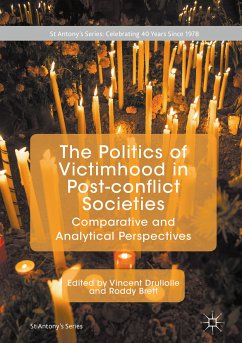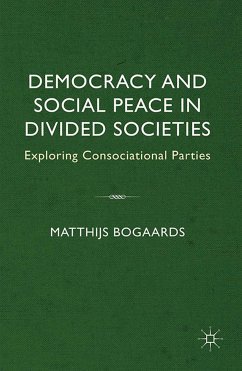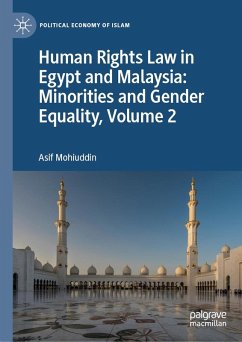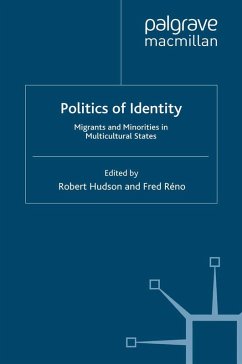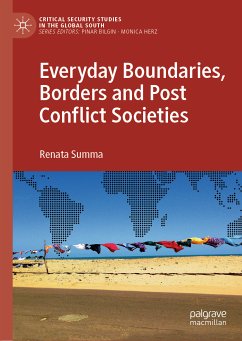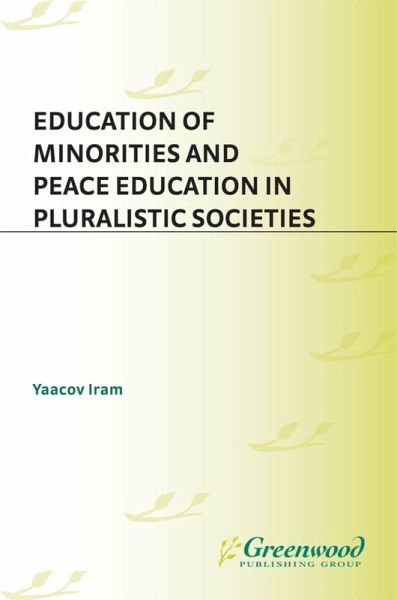
Education of Minorities and Peace Education in Pluralistic Societies (eBook, PDF)
Versandkostenfrei!
Sofort per Download lieferbar
59,95 €
inkl. MwSt.
Weitere Ausgaben:

PAYBACK Punkte
30 °P sammeln!
The existence of minorities will grow in most countries of the world because of sociopolitical upheaval and economic crisis, both of which result in waves of migration. Contributors to this volume discuss the task of education to alleviate the problems arising from the mix of peoples of various ethnic, cultural, linguistic, and religious backgrounds. No education system alone can create a just and equal society, and education by itself is not enough to achieve peace. Nevertheless, educational efforts assisted by other institutional commitments and actions are essential in order to create an at...
The existence of minorities will grow in most countries of the world because of sociopolitical upheaval and economic crisis, both of which result in waves of migration. Contributors to this volume discuss the task of education to alleviate the problems arising from the mix of peoples of various ethnic, cultural, linguistic, and religious backgrounds. No education system alone can create a just and equal society, and education by itself is not enough to achieve peace. Nevertheless, educational efforts assisted by other institutional commitments and actions are essential in order to create an atmosphere of justice, mutual recognition, and acceptance as preconditions for peaceful coexistence within groups and between people. As a result of worldwide migration in reaction to wars and other geopolitical conflicts, as well as economic crisis, many modern nation-states consist of a mix of people of various ethnic, cultural, linguistic, and religious backgrounds. Indeed, there are very few countries that are monocultural. Here contributors discuss how it is imperative that multicultural education be promoted to achieve awareness, then tolerance, and finally acceptance of ethnic and other diversity within societies.







